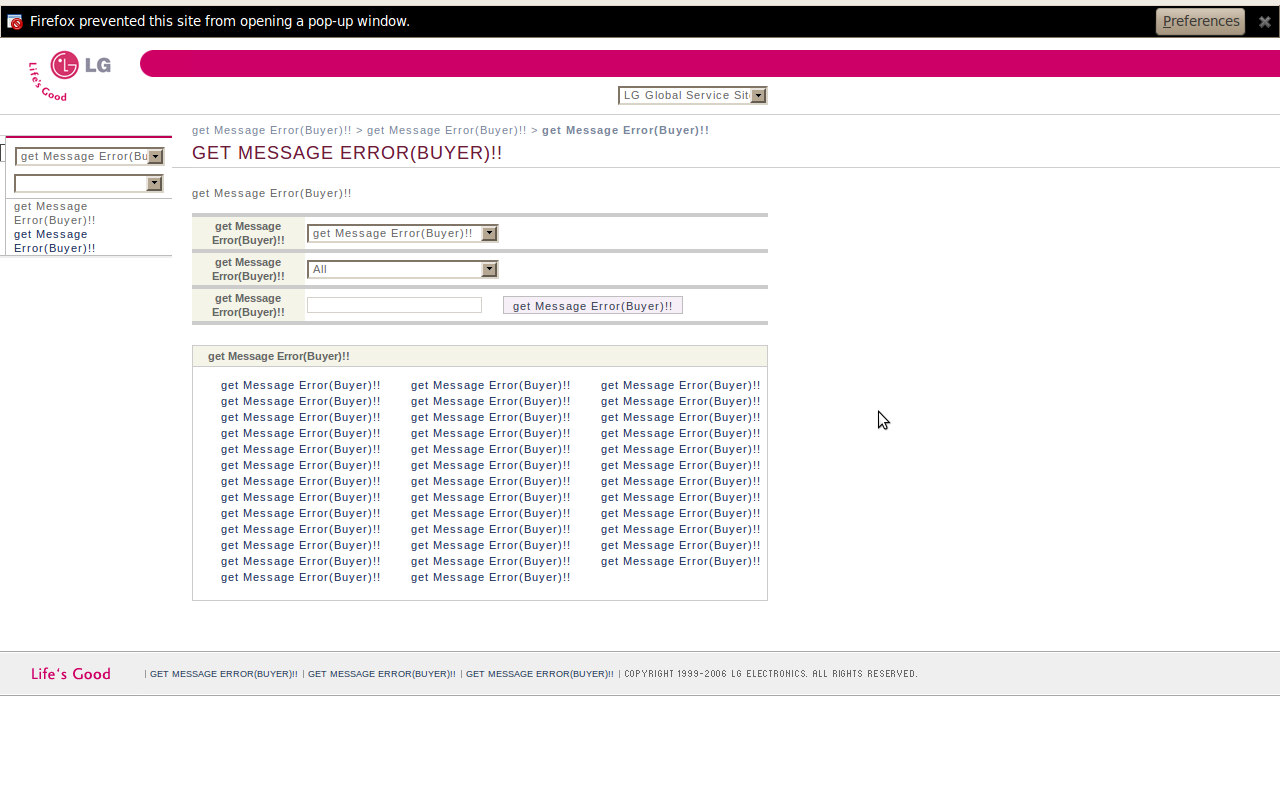The Five Alarm Meeting
by Remy Porter
in Feature Articles
on 2014-06-17
Leigh didn’t have anything to do with automating operations at their NOC, although he was mostly glad it had been done. The system was a bit of a mess, with home-grown programs and scripts sitting atop purchased monitoring packages and a CMDB. It was cumbersome, sometimes spit out incomprehensible and nonsense errors, but it mostly worked, and it saved them a huge amount of time.
It was also critical to their operations. Without these tools, without the scripts and the custom database back end, without the intermediary applications and the nice little stop-light dashboard that the managers could see if they hit refresh five times, nothing could get done. Unfortunately, this utopia covered up a dark underbelly.

We’re going to need a meeting
The operations team were the end users of the software, but they mostly relied on the development team to build it and maintain it. The development team relied on the database team. Once, Leigh needed them to expand the size of a single text field in the database from 25 characters to 50 characters. The development team had no problem updating their applications, but the database team wasn’t ready to start changing column sizes right away. Burt, the head of the database team had to start with a 1-hour meeting with his entire team to discuss the implications. Then he had to have another meeting with the development and operations managers. Then Leigh needed to sit down with the DBAs and justify the extra 25 characters (“That’s a 100% increase in the size of the field!” Burt proclaimed). After 200 man hours, the field was changed.

 May 14
May 14



 At the time, Tatiana was a university student with a working knowledge of Unix. Where, in this case, 'working' is defined as the level of UNIX learned while completing university-level computer courses. Still, when the system administrator at her dad's company left and her dad asked if she would be willing to help out if an emergency arose, Tatiana agreed.
At the time, Tatiana was a university student with a working knowledge of Unix. Where, in this case, 'working' is defined as the level of UNIX learned while completing university-level computer courses. Still, when the system administrator at her dad's company left and her dad asked if she would be willing to help out if an emergency arose, Tatiana agreed.


 TLDR; We made a game! It's called Release!, and it's
TLDR; We made a game! It's called Release!, and it's 